SUMMARY
This is AI generated summarization, which may have errors. For context, always refer to the full article.
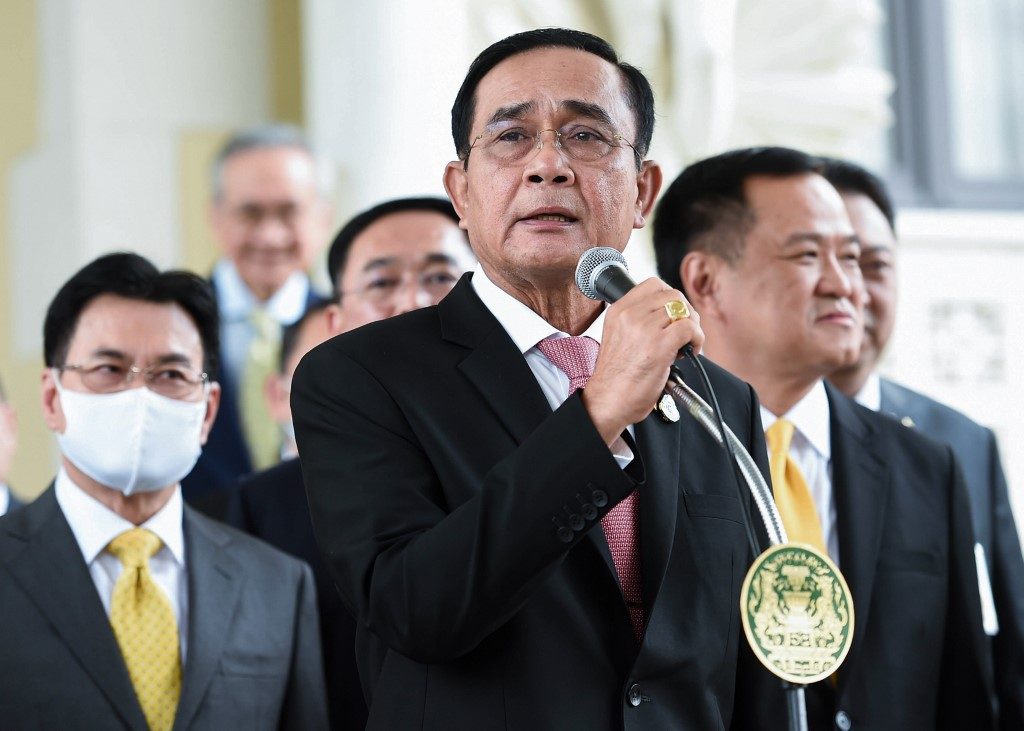
Thai Prime Minister Prayut Chan-o-cha ordered security agencies Thursday, November 19, to crack down on pro-democracy protesters, as rights groups condemned police for using tear gas and water cannon at a Bangkok rally.
The country has been rocked since July by youth-led protests demanding a new constitution, unprecedented calls to reform the untouchable monarchy, and for Prayut to resign.
Clashes outside parliament Tuesday, November 17, between pro-democracy protesters and hardline royalists marked a steep rise in violence, with 6 people shot.
A day later, some 20,000 people massed in Bangkok’s main shopping district, and protesters daubed anti-royal graffiti outside the Thai National Police headquarters.
Prayut, who seized power in a 2014 coup, issued a statement Thursday warning protesters will be hit with the full force of the law.
“The situation is still not resolved in any good direction and is likely to develop into more conflict leading to more violence,” he said.
“If this is left… it may damage the nation and the most beloved institution,” he added, referring to the monarchy.
He said the government and security agencies need to “intensify their practices,” and enforce all sections of all laws.
This could mean more charges under the country’s harsh royal defamation laws, which are routinely interpreted to include any criticism of the monarchy – including content posted or shared on social media.
King Maha Vajiralongkorn asked the Thai government in June to suspend using the lese majeste laws, but human rights critics say there is a host of other legislation that authorities can use to target democracy activists.
Asked by Agence France-Presse (AFP) if the government was giving the nod to police to pursue lese majeste charges, spokesman Anucha Burapachaisri did not rule it out.
“The protesters should respect all laws in general. We don’t specify whether we would be enacting any laws specifically,” he told AFP.
Human Rights Watch condemned the police tactics as “excessive” and urged Thai authorities to heed a UN call for restraint.
The group’s Asia director, Brad Adams, called for a transparent and impartial investigation into Tuesday’s violence and police tactics.
On Wednesday, November 18, a spokesman for UN Secretary-General Antonio Guterres expressed concern about the growing unrest in Thailand.
“I think it’s very important that the government of Thailand refrain from the use of force and ensure the full protection of all people in Thailand, who are exercising a fundamental peaceful right to protest,” spokesman Stephane Dujarric told reporters in New York.
According to Thai Lawyers for Human Rights, some 175 protesters have been charged with sedition or public assembly offenses since July. – Rappler.com
Add a comment
How does this make you feel?
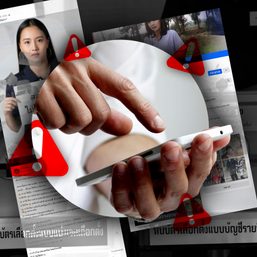
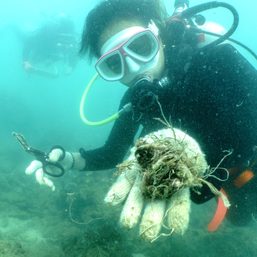
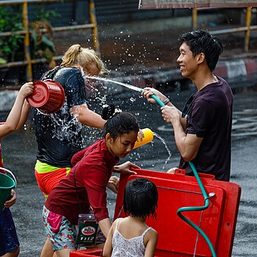
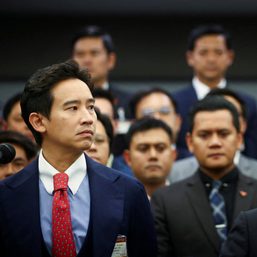
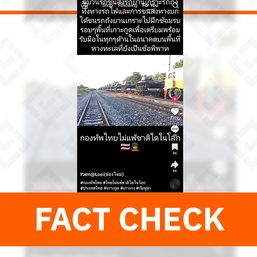
There are no comments yet. Add your comment to start the conversation.